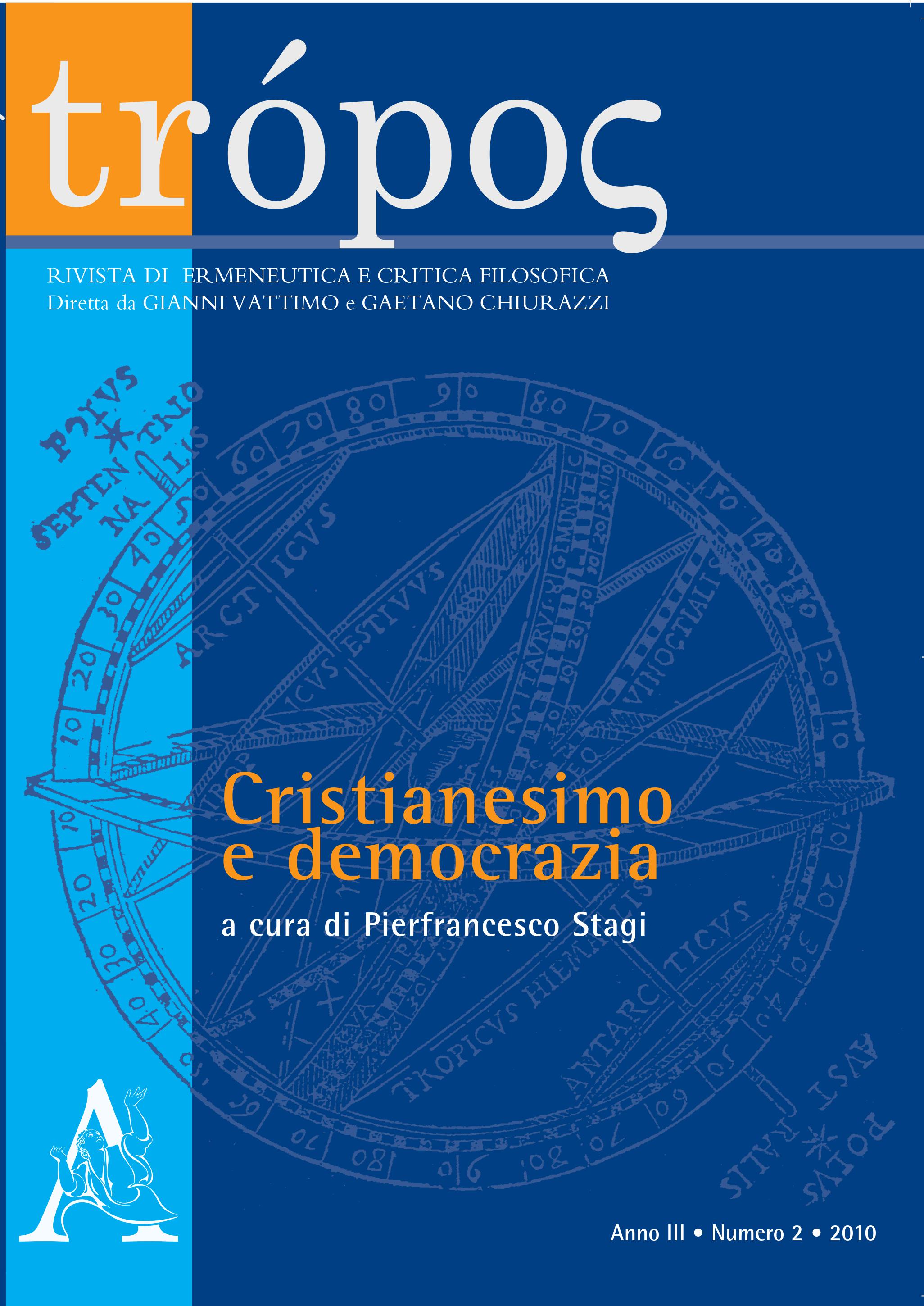Nietzsche and the Greeks
DOI:
https://doi.org/10.13135/2036-542X/7657Keywords:
Nietzsche, Greek Philosophy, nihilism, eternal recurrence, ontologyAbstract
The present article connects aspects of Nietzsche’s philosophy with the corresponding moments of Greek philosophy: Delfic religion, where we find the roots of the Nietzsche’s hermeneutics and his rhetorical ontology of language and the arts; Heraclitus, in whom Nietzsche finds the method of “the affirmation of the affirmation” and the topology of oppositions that organizes the internal difference between contradiction and contrariety; Plato and his dialectical negation of the negation, which is a conceptual reduction of being to a polemical and abstract nihilism that is characteristic of Western history; Empedocles of Agrigento, who has inspired Nietzsche’s theory of the eternal recurrence, providing Nietzsche with a new philosophy of history and a different nexus between divinity and humanity.


